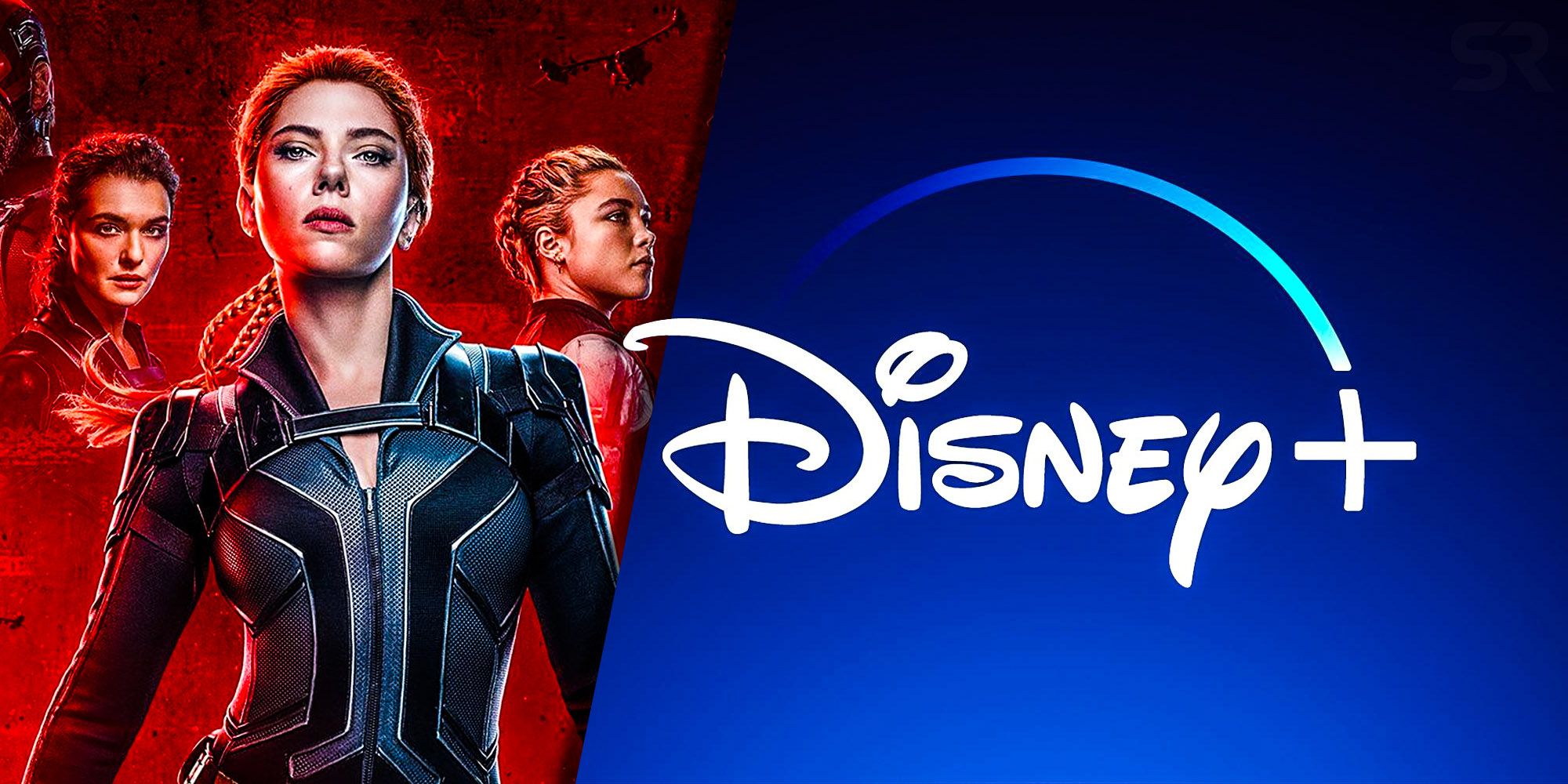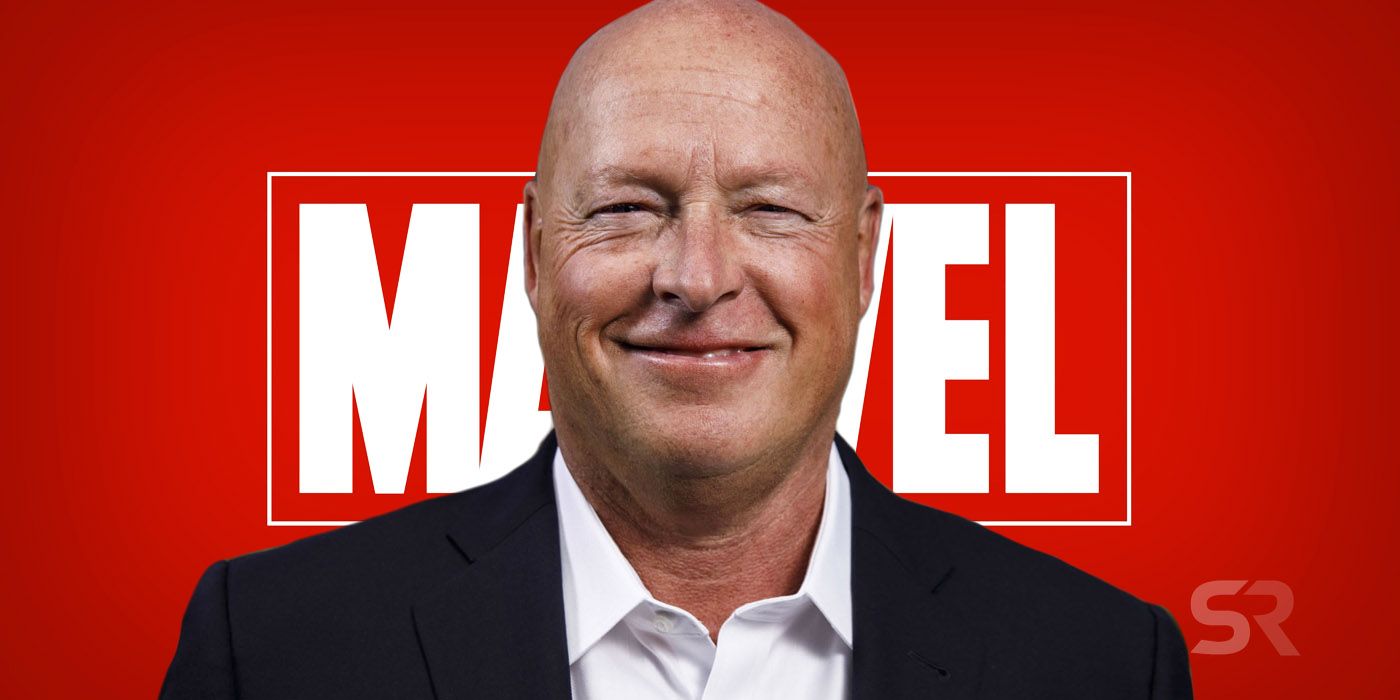
The Scarlett Johansson lawsuit over Black Widow has damaged Disney - even if the House of Mouse wins. Nobody could ever have expected the release of the latest MCU film - the first to come out in Phase Four, no less - to be overshadowed by a controversy over contracts. But Disney's decision to push for a hybrid release of Black Widow has ultimately led to a lawsuit by Scarlett Johansson, who claims she faces a projected loss of $50 million in earnings.
The coronavirus pandemic has accelerated the rise of streaming, and it was only a matter of time before something like this happened; Johansson isn't the only actor to lose out because of this industry trend. It's impossible to say with any degree of certainty how everything will play out in court - the outcome likely depends on whether Johansson's lawyers can persuade the court to take into account communications outside of the contract itself. But whatever happens, whoever wins, Disney has suffered a severe blow.
Disney had grown to its current position of prominence in Hollywood under the leadership of visionary CEO Bob Iger, and from a business perspective his successor Bob Chapek seemed like the logical choice. But Chapek hasn't exactly gotten off to a strong start, with rumblings of increasing division between himself and Bob Iger, and realistically this situation should never have arisen. Insiders are pinning blame for the Johansson lawsuit at Chapek's door, and there are reports Marvel Studios president Kevin Feige is angered at how the studio is handling things, while Iger reportedly believes his replacement has "bungled it." All this is sure to do damage to morale in Disney at a time in transition.

Johansson's lawsuit - and Disney's disappointing response to it - has undeniably caused reputational damage for the company, leading to discussions about ethical standards and bad practices that had never quite gained enough traction to be noticed by the general public before now. Both stars and their agents will be reading over Disney's contracts with even more care, particularly looking for clauses that relate to whether projects are likely to go on streaming. It's safe to assume Disney's next contracts will look a little different to the ones Johansson signed - whether the House of Mouse wanted to change them or not.
In the short term, this has likely made Disney+ Premier Access a lot more problematic as a release strategy. Certainly, no more Marvel movies will be releasing like this, especially if - as reported - Feige was opposed to Black Widow's Premiere Access. Meanwhile, talent will be undoubtedly be wondering whether they are likely to be treated in the same way as Johansson, and the actor's inclusion of correspondence in with Disney in her lawsuit will leave them distrustful. No doubt there are quite a lot of emails flying around right now, as agents attempt to determine what would happen to the actors they represent if their films had a hybrid release.
Scarlett Johansson's lawsuit has caused real damage to Disney, regardless of whether she wins or not. This damage must not be overstated - Disney is still a corporate giant, and will surely ride this crisis out - but it is there nonetheless. It's really not the way anyone expected the release of Black Widow to play out.
from ScreenRant - Feed https://ift.tt/2VzVgb4

No comments: